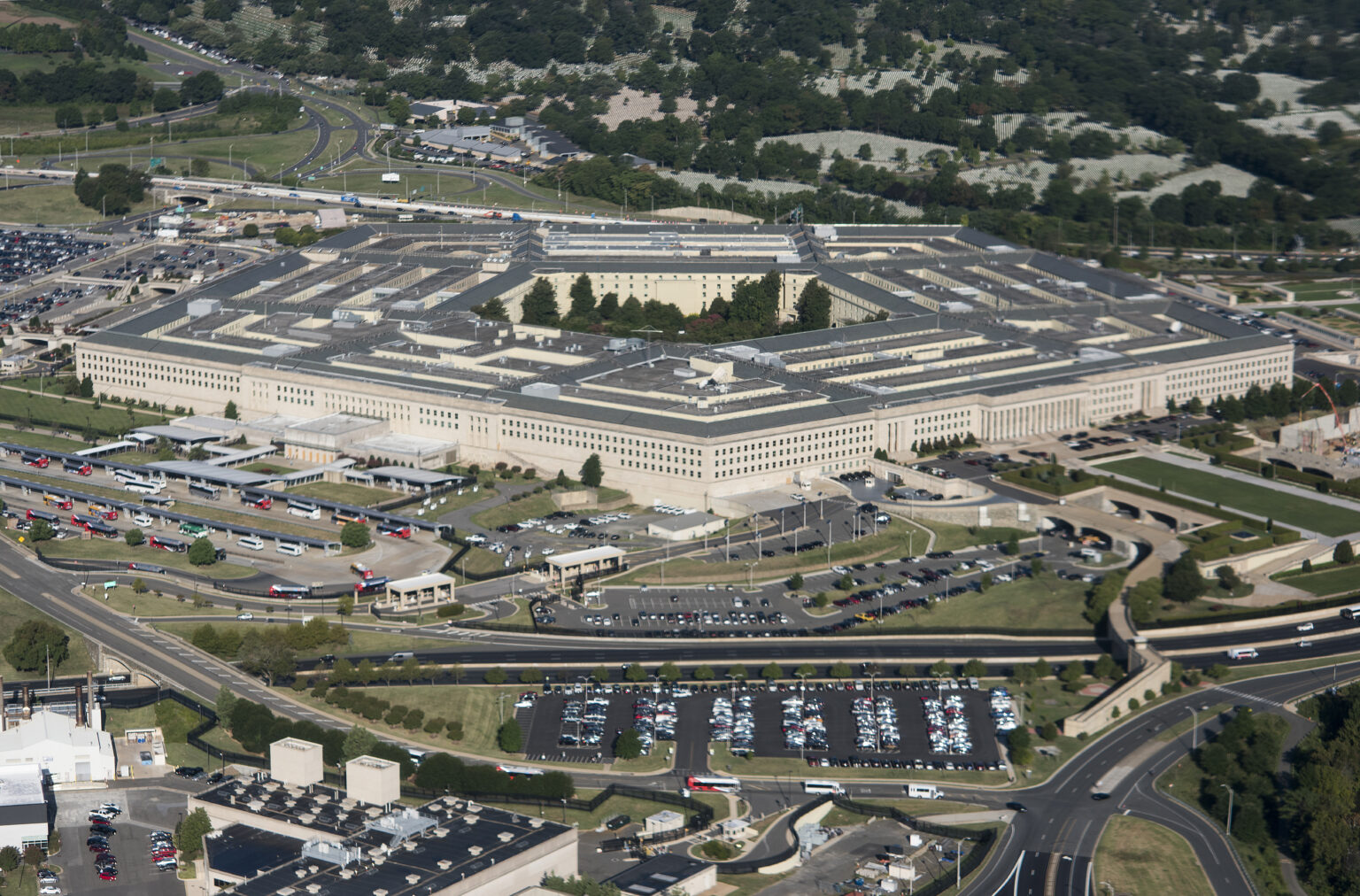The Brookings Institution report reveals a significant increase in U.S. government spending on artificial intelligence, particularly in the military sector. The potential value of AI-related federal contracts skyrocketed by almost 1,200%, from $355 million in the period leading up to August 2022 to $4.6 billion in the period leading up to August 2023. This surge was largely attributed to the Department of Defense (DoD), which saw a substantial increase in the total amount committed to AI-related contracts from $190 million to $557 million. The potential spending by the DoD on AI-related contracts, if extended to their fullest terms, grew even faster from $269 million to $4.3 billion, overshadowing all other agencies.
The DoD has made significant strides in adopting AI technologies, with recent announcements including the release of an AI adoption strategy in November 2023. Deputy Assistant Secretary of Defense Michael C. Horowitz also highlighted the launch of various AI initiatives and investments. These developments come amidst intense technological competition between the U.S. and China, where both countries are investing in their domestic industries to develop powerful AI models. The U.S. government has imposed export restrictions to prevent China from acquiring advanced semiconductor chips crucial for AI development, adding another layer of complexity to the competition.
Despite the staggering increase in AI spending reported by the Brookings analysis, a DoD official questioned its accuracy. The official cited the department’s request for $874 million in fiscal year 2022 for AI research, development, testing, and evaluation as a discrepancy. This discrepancy raises questions about the precise allocation and utilization of AI-related funds within the DoD and underscores the need for transparency and accountability in government spending on emerging technologies.
The exponential growth in AI-related federal contracts and military investments reflects the increasing importance of AI in national security and defense strategies. The DoD’s emphasis on AI initiatives and investments signals a shift towards incorporating cutting-edge technologies to enhance military capabilities and operational efficiency. As AI continues to evolve and play a vital role in shaping geopolitical dynamics, the U.S. government’s strategic investments in AI are poised to have far-reaching implications on national security, technological innovation, and global competitiveness.
In conclusion, the Brookings report sheds light on the significant uptick in U.S. government spending on artificial intelligence, particularly driven by the Department of Defense. The emergence of AI as a critical component of national security underscores the need for continued investment and strategic planning to harness the potential benefits of AI while mitigating associated risks. As the U.S. navigates the complex landscape of technological competition and geopolitical tensions, the prudent allocation of resources towards AI research and development will be crucial in safeguarding national interests and maintaining a competitive edge in the digital age.









